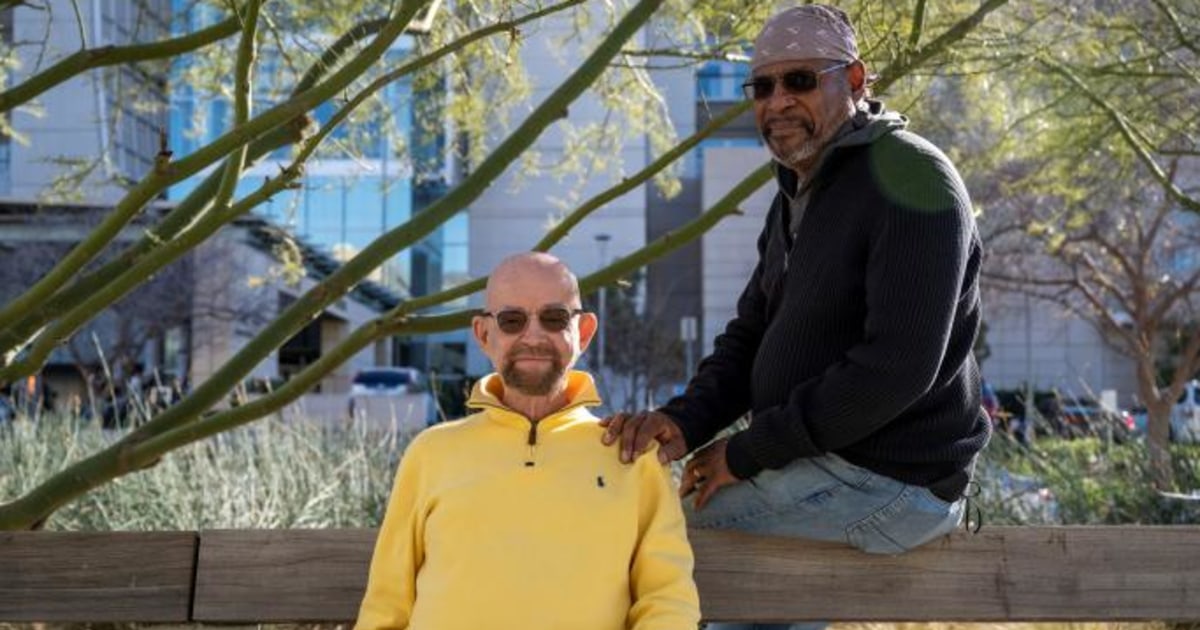Icon: enlarge
Ireland has been back in lockdown since early January after a rapid surge in cases
Photo: Clodagh Kilcoyne / REUTERS
Ireland painfully shows how much any sense of security can be deceptive with regard to the novel coronavirus.
At the beginning of December, the country was one of the places in Europe with only a few corona infections.
Just a month later, the numbers are so high that even US experts are worried about the small European country.
The causes of the rapid increase are varied, but the particularly contagious mutation B.1.1.7 plays a central role, which is currently driving the numbers up in England as well.
Ireland's development can therefore also be interpreted as a warning to the rest of the world.
In the past 14 days alone, the country's authorities reported
1,410
new infections per 100,000 inhabitants.
On December 4th this value was still
78
.
Of the more than 155,000 confirmed Irish corona cases since the pandemic began, around 65,000 were documented within the past 14 days - well over a third.
What happened?
Open shops, open restaurants, Christmas meetings
In retrospect, experts blame an unfortunate combination of several factors for the rise in the number of cases.
At the end of November, when hardly any corona cases were reported, the Irish authorities decided to relax the rules.
At the beginning of December shops and restaurants opened as well as museums, galleries, cinemas and hairdressers.
A few days before Christmas, some of the extremely strict travel and contact restrictions that were still in force at that time fell.
For the first time in weeks, the population was allowed to leave their district to visit friends and family.
Big celebrations were still prohibited, but around Christmas three households were allowed to meet.
"It will be a different Christmas than it should be," said Ireland's Prime Minister Micheál Martin on December 17th, without knowing how the situation would develop a few days later.
But he hoped that the temporarily relaxed rules would do justice to people's deep desire to spend Christmas with loved ones.
It was originally planned to maintain the relaxed travel and contact restrictions until January 6th, but the numbers did not allow it.
Ireland has been back in strict lockdown since January 1st.
People are no longer allowed to travel or meet other households, not even in the garden.
Restaurants are closed again.
The situation in Ireland is worse than ever in the pandemic.
In retrospect, it is clear that the relaxed rules have contributed to worsening the situation.
The extent, however, cannot be explained by this alone, but only by the most unfavorable combination imaginable: The relaxed rules met a mutated coronavirus, which no one suspected at the beginning of December.
How B.1.1.7 displaces other virus forms
The public warning came on December 19th.
On that day, the British Prime Minister Boris Johnson declared that a corona variant discovered in England was massively accelerating the spread of the virus.
On December 24th, variant B 1.1.7 was also detected in Ireland.
Subsequently examined samples showed how the mutated virus was already spreading at this point:
In the week up to December 20, the researchers came
across B 1.1.7
in around
nine percent
of 70 samples examined;
in the week up to December 27th, this proportion was already
13 percent
(in 141 samples examined);
again a week later, in the period up to January 3, it had
risen
to
25 percent
(in 189 samples examined).
According to the Irish Ministry of Health, the new variant now accounts for
more than 40 percent of
the samples examined.
Even if the samples were small, especially in the first few periods, the tendency is clear: B 1.1.7 is rapidly displacing the virus variants that were previously in circulation, because this variant dissipates much faster.
This happened around the same time that the number of cases began to rise again.
The consequences of the massive increase in new infections are now also being felt in Ireland's hospitals.
Around 1700 people are currently being treated with Covid-19 in the clinics.
During the first wave in April, the number peaked at 881.
"The hospital system is under the greatest pressure our memories have ever had," warned medical doctor Alan Irvine of Trinity College Dublin on Monday in the Irish Times.
B.1.1.7 can also be pushed back
Due to the special situation around Christmas, it is not possible to clearly quantify how large the share of B.1.1.7 was in the development in Ireland.
Nevertheless, the figures illustrate how the mutation acts as a kind of fire accelerator and what can happen when mutations and loosening meet unfavorably.
What helps against B.1.1.7 is what also pushes back other Sars-CoV-2 variants: restricting contacts and keeping your distance.
If people do not meet, they cannot transmit this variant either.
What has so far been sufficient to at least stop an increase in the number of infections will no longer be sufficient if B.1.1.7 or similar contagious variants spread.
Nevertheless, the look to Ireland now gives some hope again.
On December 28th, people infected with corona in the country reported an average of 4.7 contact persons, on January 5th there were only three.
The number of reported corona cases stabilized at a high level with a slight delay, and it has even fallen significantly at the moment.
The rapid growth seems broken, despite B 1.1.7.
Icon: The mirror









